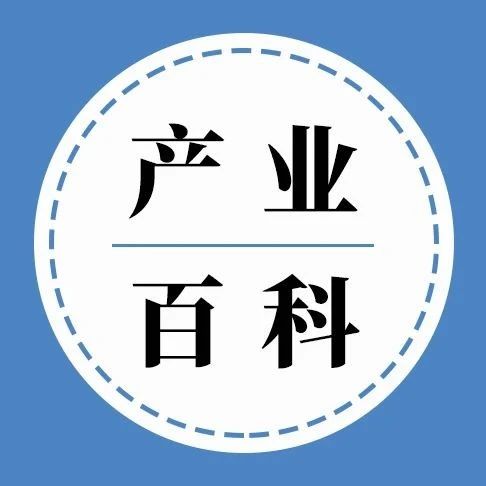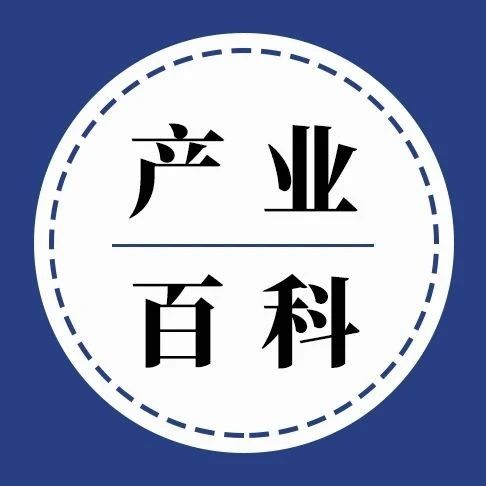
本文版权归中国日报所有,经授权转载
文 | 中国日报记者樊菲菲
廖天舒
BCG董事总经理
全球资深合伙人
中国区主席
提振消费是中国2025年经济增长的第一要务,在一系列促消费政策的推动下,中国消费市场今年有望获得恢复动能,增长潜力巨大。
【译文】
近日,廖天舒在接受《中国日报》专访时指出:“中国消费市场仍处于修复提振过程中,消费品类以旧换新政策对消费恢复起到了巨大拉动作用。”她还希望国补政策能够延续,因为当前的以旧换新政策鼓励了消费者去购买低频消费类产品,如电子产品、家电、家具等。
她补充道:“我们希望能够看到进一步鼓励购买高频消费类产品的措施以及对服务业的帮扶补助措施。此类帮扶补助措施可以具体到特定人群,如有孩人群、低收入人群、大学生人群等,可对消费起到更大的刺激作用。”
廖天舒表示,如果下半年能出台此类利好政策,她会非常看好中国市场今年的消费前景,并强调需要出台更多刺激政策来提振消费,包括创造新就业机会、提升家庭收入预期、稳定楼市、活跃股市等,从而真正释放消费潜力。
今年中国政府工作报告将大力提振消费和全面扩大内需作为2025年首要工作任务。
中国消费市场经历了持续复苏。社会消费品零售总额是衡量消费能力的重要指标,中国国家统计局发布的数据显示,2025年5月份该指标同比增长6.4%,月度增速为2024年以来最高。网上零售额依然是消费领域的一大亮点,前5月同比增长8.5%。
为进一步刺激消费,一月份中国政府出台了一系列更大范围实施消费品以旧换新政策的措施,支持资金由去年的1500亿元(约合209亿美元)增加至3000亿元,并将手机、平板、智能手表(手环)等纳入补贴范围。
廖天舒指出,中国消费人群总体上持谨慎态度,回归理性和性价比,注重产品质量和价值,零售企业商家应提供更高的品质、更好的创新。
BCG预计,未来十年,每年将有数以千万计的中国消费者迈入中等收入群体,因此她表示:“我们依然非常看好中国消费市场的长期潜力。”她还补充道,越来越多的消费者倾向于通过购物来满足情感需求,近期Labubu毛绒玩具席卷全球就是例证。
她表示,中国Z世代消费者(即出生于1990年代中期和2010年代初期的人群)非常成熟理性,注重产品品质和价值,对文化IP的偏好日益增强。
她还指出,人工智能等前沿数字化技术未来将对消费产生颠覆性影响,目前企业纷纷利用人工智能技术增效降本。
中国工信部信息通信经济专家委员会委员盘和林表示,应鼓励企业运用大数据、人工智能和云计算等新一代信息技术,研发绿色、智能的新型消费品。
【原文】
Consumption signaling H2 rebound
China's consumer market is poised to gain recovery momentum this year, with immense growth potential fueled by a series of pro-shopping policies, given that boosting consumption is a top priority for the country's economic growth for 2025, said Carol Liao, chair of Boston Consulting Group China.
"The country's consumption sector is still in the process of restoration and revitalization, and the consumer goods trade-in program has played a significant role in driving the recovery of consumption," Liao said in a recent exclusive interview with China Daily, adding that she hopes the national subsidy policy program continues.
Liao said that under the trade-in program, consumers are now encouraged to buy products with low purchase frequency, such as electronic devices, home appliances and furniture.
"We hope to see further encouragement for the purchase of some high-frequency commodities or the development of the services sector. The supportive measures targeting specific groups of people, such as parents, low-income groups and college students, can also play a greater role in stimulating consumption," she added.
Liao said she is optimistic about the development prospects of China's consumer market if such favorable policies are introduced in the second half of the year, highlighting that more stimulus measures are needed to boost consumption — including creating new employment opportunities, increasing household incomes, stabilizing the property sector and stimulating the stock market, so as to truly unleash consumption's potential.
This year's Government Work Report listed vigorously boosting consumption and expanding domestic demand across the board as top priorities among major tasks for 2025.
China's consumer market has witnessed a sustained recovery. Retail sales, a significant indicator of consumption strength, grew 6.4 percent year-on-year in May, marking the fastest growth since December 2023, said the National Bureau of Statistics. Online sales remained a bright spot, expanding 8.5 percent year-on-year during the first five months.
To further spur consumption, the country announced a raft of measures to expand the scope of the consumer goods trade-in program in January, increasing funding from 150 billion yuan ($20.9 billion) last year to 300 billion yuan, and offering subsidies for more home appliances and electronic devices such as smartphones, tablets and smartwatches.
Liao said that as Chinese shoppers have become more rational and prudent vis-a-vis potential purchases — with an emphasis on the quality and value of products — retailers should provide more high-quality and innovative merchandise.
Based on BCG's forecast, in the next 10 years, there will be tens of millions of Chinese consumers entering the middle-income group each year, so "we are still bullish on the long-term potential of China's consumption market", she said, adding that an increasing number of consumers tend to buy goods that satisfy their emotional value, such as the recent global craze for Labubu plush toys.
Liao said China's Generation Z shoppers — those born between the mid-1990s and early 2010s — are very sophisticated and pay attention to the quality and value of products, with a rising preference for cultural intellectual property.
Moreover, Liao said cutting-edge digital technologies like artificial intelligence will have a disruptive impact on consumption in the future, and currently, AI is being leveraged by enterprises to improve operational efficiency and lower costs.
Pan Helin, a member of the Ministry of Industry and Information Technology's Expert Committee for Information and Communication Economy, said enterprises should be encouraged to use new-generation information technologies such as big data, AI and cloud computing to create new types of green and intelligent consumer goods.
推荐阅读
更多精彩敬请关注BCG视频号


扫描左侧二维码
关注BCG数智港
快来关注我们吧

声明
原创内容的最终解释权以及版权归波士顿咨询公司所有。如需转载文章,请在信息栏输入“转载”,获取转载须知。











